A Beginner’s Guide to VPNs: Protecting Your Privacy Online
In a time where data travels endlessly across networks, privacy can often feel like a rare commodity. A Virtual Private Network, or VPN, provides a way to safeguard your online activity, making it harder for others to track your movements or intercept your data. For beginners, understanding VPNs can initially seem complex, but by learning the basics, you can easily decide if one is right for your needs.
What is a VPN?
A VPN creates a secure, encrypted connection between your device and the internet. This connection, often called a “tunnel,” allows data to travel safely, making it difficult for anyone to see what you’re doing online. When connected to a VPN, your IP address is masked by the VPN server’s IP, adding an extra layer of anonymity.
Why Use a VPN?
VPNs offer more than just security. Here are the main reasons why many users turn to VPNs:
- Privacy: By hiding your IP address, a VPN helps prevent websites, apps, and even your Internet Service Provider (ISP) from tracking your online activities.
- Security on Public Wi-Fi: VPNs encrypt your data, providing protection on unsecured networks, such as public Wi-Fi in cafes or airports.
- Access to Restricted Content: VPNs allow users to bypass geographical restrictions, enabling access to streaming services or websites that may be limited in specific regions.
- Protection Against Data Throttling: ISPs sometimes slow down connections based on the content you’re viewing. A VPN makes it harder for them to monitor your activity and throttle your speeds.
How VPNs Work
VPNs work by routing your internet traffic through a remote server run by the VPN provider. Here’s a simplified look at the process:
- Device Connection: When you connect to a VPN, your device establishes a secure link with a VPN server.
- Encryption of Data: All data sent between your device and the VPN server is encrypted, making it unreadable to anyone who might intercept it.
- IP Masking: The VPN server assigns you a new IP address, which masks your true location.
- Secure Browsing: Once connected, your internet activities pass through this secure, encrypted tunnel, protecting your information from prying eyes.
Choosing the Right VPN for Your Needs
VPNs vary widely in terms of features, so it’s crucial to consider what you want from a VPN. Here’s a breakdown of the key factors:
- Encryption Strength: Strong encryption keeps your data secure. Look for VPNs that offer at least 256-bit encryption, which is currently one of the highest standards.
- Server Locations: The number of available server locations affects your ability to bypass geo-restrictions. Choose a VPN with servers in multiple countries.
- Speed and Performance: VPNs can slow down your connection. Opt for a VPN with high-speed servers if you plan to stream or download large files.
- Privacy Policies: Not all VPNs have the same commitment to privacy. Check for a no-logs policy, which ensures your activity isn’t tracked or stored.
- Device Compatibility: Ensure the VPN works on all your devices, including phones, laptops, and tablets.
- Customer Support: Good support is essential, especially if you’re new to VPNs. Choose a provider with responsive, 24/7 support.
Top VPN Protocols Explained
VPNs use various protocols to create secure connections. Here are some popular ones:
- OpenVPN: Known for its balance between security and speed. Highly configurable and widely used.
- IKEv2/IPsec: Offers fast connections and strong security, ideal for mobile devices due to its ability to reconnect quickly.
- WireGuard: A newer protocol known for speed and efficiency. Less power-intensive, making it great for mobile devices.
- PPTP: One of the oldest protocols, offering fast but weaker security. Often avoided for critical security needs.
- L2TP/IPsec: Provides a high level of security, often used as an alternative when OpenVPN isn’t supported.
Setting Up a VPN
Setting up a VPN is straightforward, and most services offer quick installation processes. Here’s a basic setup guide:
- Choose a VPN Provider: Research and select a provider that aligns with your needs.
- Download the App: VPN providers offer applications for multiple platforms, including Windows, macOS, iOS, and Android.
- Log In and Connect: Open the app, log in with your credentials, and select a server location.
- Customize Settings: Adjust settings like protocol preferences and auto-connect options for maximum control.
When to Use a VPN
Certain situations make using a VPN particularly beneficial. Here are some instances where a VPN is essential:
- Using Public Wi-Fi: If you’re connected to public networks, such as in cafes or airports, a VPN protects your data from potential hackers.
- Accessing Blocked Content: VPNs allow you to bypass content restrictions on streaming platforms or social media.
- Downloading Files: When downloading large files, a VPN helps keep your activity private and secure from your ISP.
- Online Shopping Abroad: Sometimes prices vary by location. A VPN allows you to change your virtual location, potentially finding better deals.
Advantages and Disadvantages of VPNs
Like any technology, VPNs have both benefits and drawbacks. Here’s a quick rundown:
Advantages
- Improved Privacy: VPNs offer a layer of privacy that keeps your browsing activities concealed.
- Data Security: VPN encryption protects sensitive information from hackers.
- Location Spoofing: VPNs allow you to access content and websites from different regions.
Disadvantages
- Reduced Speed: Encryption processes and rerouting data can slow down your connection.
- Compatibility Issues: Some services and websites actively block VPN traffic.
- Cost: High-quality VPNs usually require a subscription fee.
Common VPN Myths
A few myths circulate about VPNs, often creating confusion. Here’s the reality behind some of the most common myths:
- Myth: VPNs make you entirely anonymous.
Truth: While VPNs increase your privacy, they don’t offer complete anonymity. VPN providers can still see your IP address, and some services can detect VPN usage. - Myth: Free VPNs are as good as paid options.
Truth: Free VPNs often lack essential features, have slower speeds, and may collect your data for advertising purposes. - Myth: VPNs are only for tech experts.
Truth: Most VPNs today are user-friendly, with apps that make it easy to connect and protect your privacy without technical knowledge.
Tips for Safe VPN Use
To maximize VPN effectiveness, keep these tips in mind:
- Stick to Trusted Providers: Choose providers with transparent privacy policies and a strong commitment to user security.
- Enable Kill Switch: Many VPNs include a kill switch feature that cuts your internet connection if the VPN disconnects, protecting your data in case of accidental disconnects.
- Avoid Free VPNs: Free VPNs often sell user data or show ads, undermining privacy.
- Use Two-Factor Authentication: Where possible, add two-factor authentication for an extra security layer.
Along with using a VPN, other data security tips can further protect your information online, such as regularly updating software and avoiding suspicious links.
Popular VPN Providers
To help with the decision process, here are a few well-known providers that offer robust features:
- ExpressVPN: Known for high-speed servers and strong security, ExpressVPN has a wide range of server locations and a strict no-logs policy.
- NordVPN: With double-encryption options and a large network of servers, NordVPN is a reliable choice for those seeking extra privacy.
- CyberGhost: Offers user-friendly features and optimized servers for streaming, making it a good choice for beginners.
- Surfshark: Allows unlimited device connections and includes malware protection, making it affordable and versatile.
- Private Internet Access (PIA): Known for its transparency and privacy-focused policies, PIA provides a balance of affordability and performance.
For complete online protection, consider pairing your VPN with top antivirus software, as it provides another layer of defense against online threats.
Wrapping Up
VPNs offer a straightforward way to take control of your online privacy. Whether you’re looking to browse securely on public networks, access restricted content, or just keep your activity away from prying eyes, a VPN can be a valuable tool. With a clear understanding of VPNs and how to choose one that fits your needs, you’re ready to start browsing with added peace of mind.
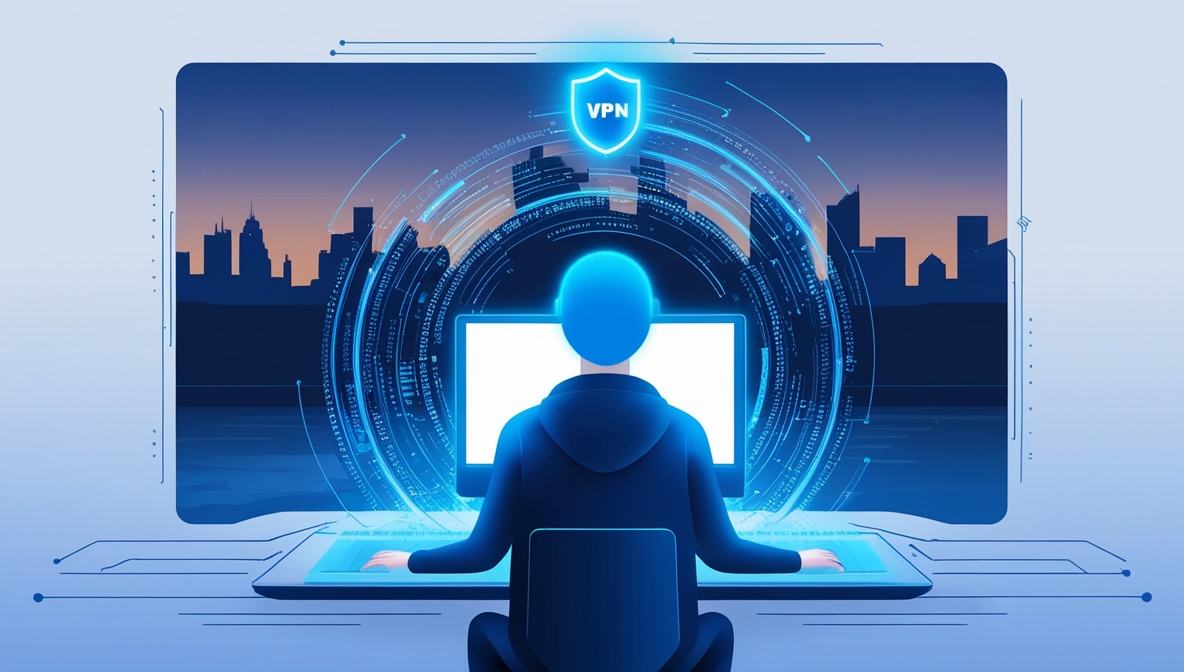
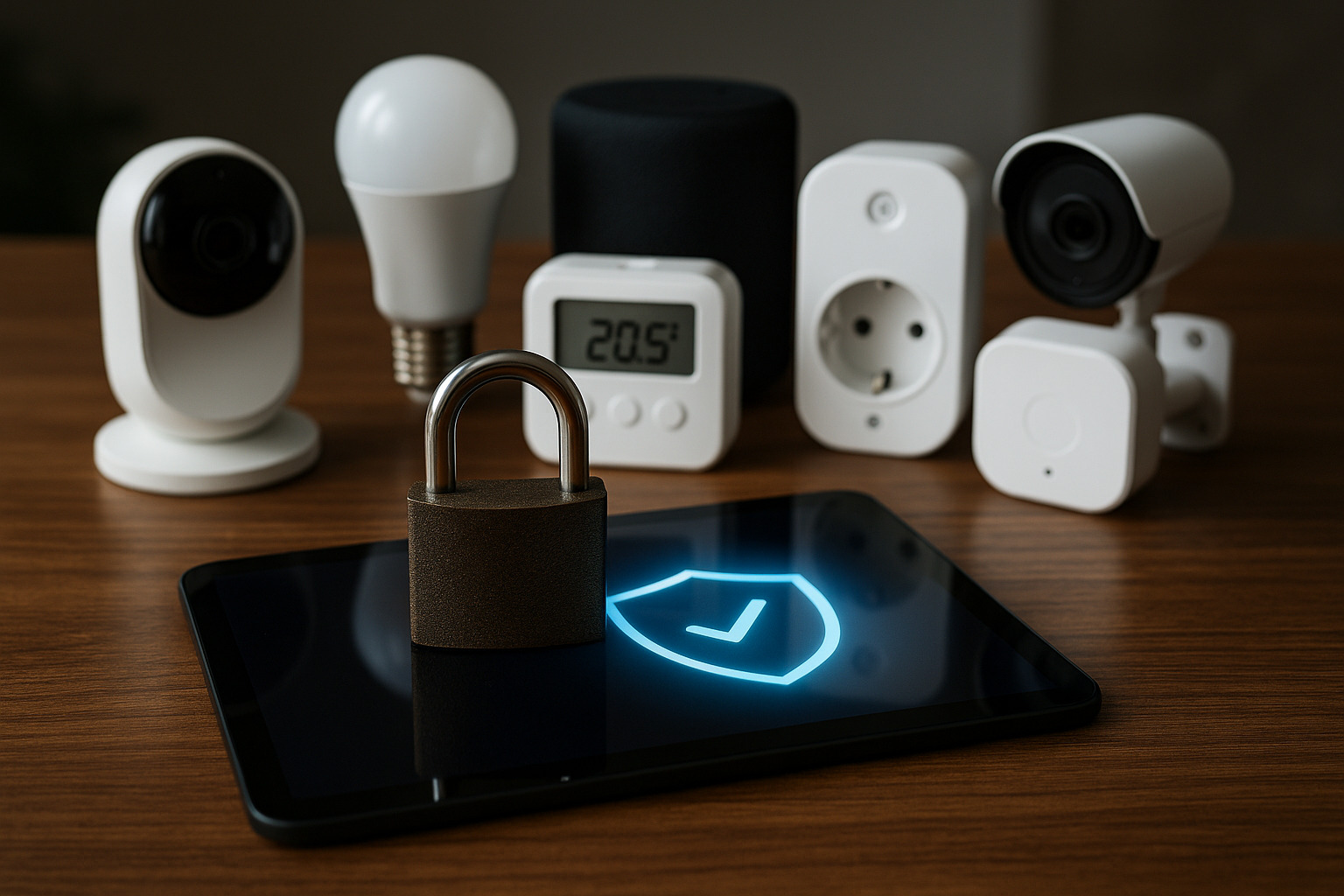
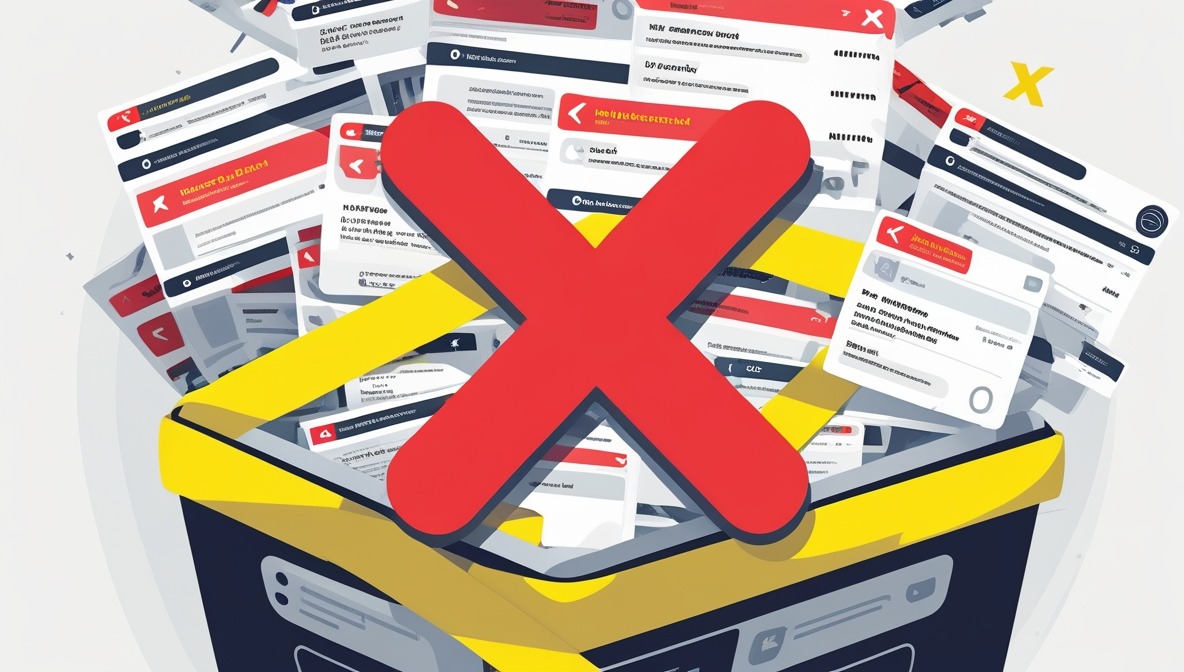
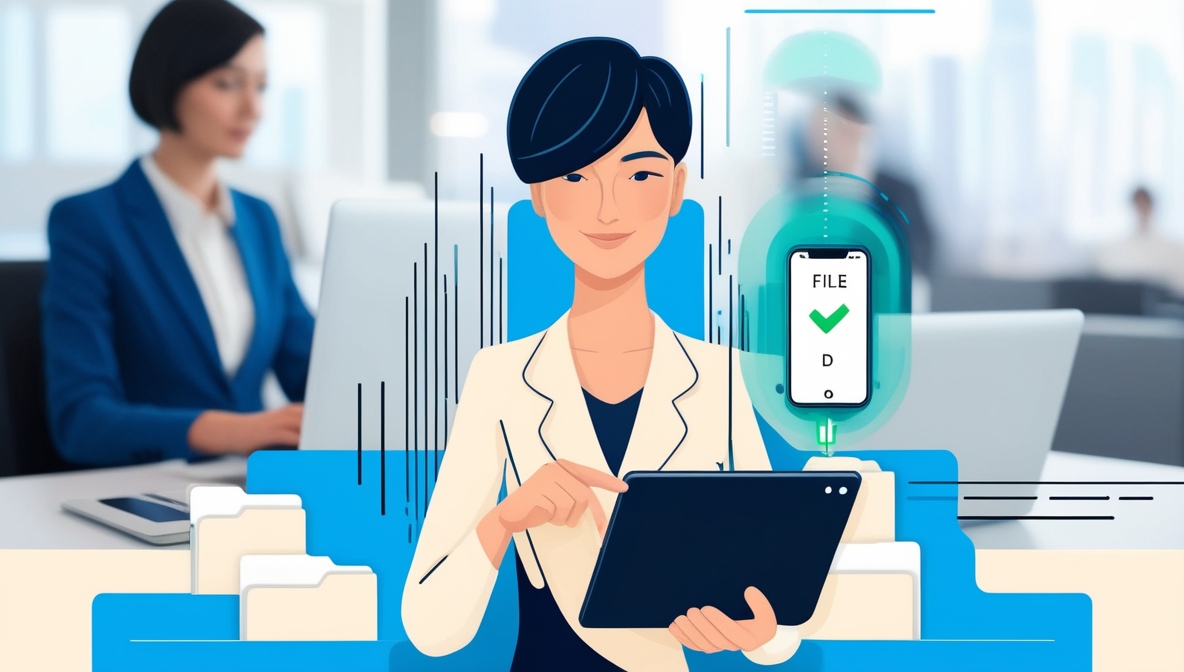





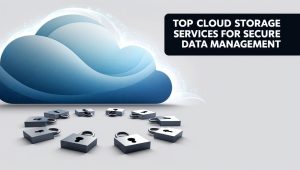
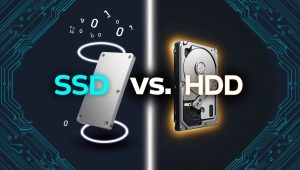

Post Comment